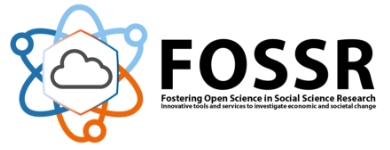In a rapidly changing world, policy-makers are faced with increasingly complex and interconnected challenges. The traditional approach to policy-making, which relies primarily on subjective experience and expert judgement, may be inadequate in addressing some of today’s dynamic and difficult-to-control problems.
In order to support and improve the effectiveness of policy-making, FOSSR will make available to the community and those working on policy proposals the Policy Learning Platform, a service for evaluating policy initiatives based on research developments in the field of policy learning and based on an Optimal Policy Learning model, developed in Stata, R, and Python. It is an approach based on the analysis of available data from past implementation cycles of certain policy initiatives, with the aim of determining ex-ante the impact of new policies and optimising their outcome. Policy learning represents an innovative approach that can exploit the availability of data and the power of predictive analysis to anticipate the effects of policies.
It is therefore a promising area of research that policy makers can consider to improve their ability to design future policies in various social, economic and environmental policy areas. By leveraging cutting-edge technologies such as machine learning and causal inference techniques, policymakers can assess the impact of different policy options on various areas of society, the economy and environmental sustainability.
“The shift to policy design based on the ex-ante evaluation of evidence from historical precedents has the potential to revolutionise the way decisions are made and policies are formulated, improving their effectiveness, reducing margins of uncertainty and minimising unintended consequences,” explains Giovanni Cerulli, head of platform development and scientific coordinator of FOSSR. Through the FOSSR Policy Learning Platform, under development, policy makers will be able to test various scenarios in a controlled environment, identifying potential risks before implementation and applying corrections in order to achieve the goal of maximising the benefit for the whole community.
The platform is being improved and implemented as part of the activities of WP5 – Innovation in data analysis: knowledge extraction, integration and enrichment.
*featured image: James Sullivan on Unsplash




